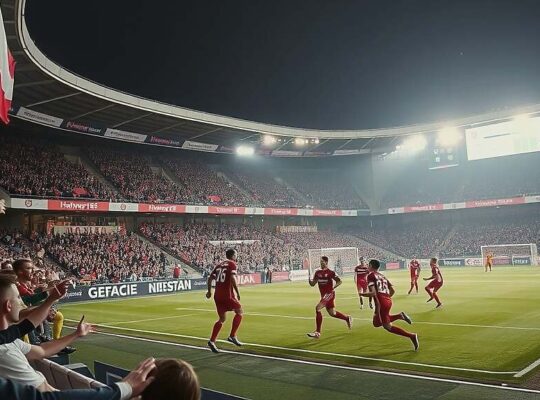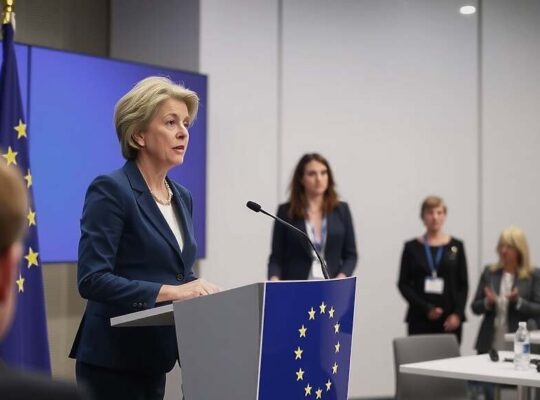Manchester City’s dominant 4-1 victory over Borussia Dortmund and Bayer Leverkusen’s narrow 1-0 win against Benfica Lisbon signal a significant shift in momentum within the Champions League, raising questions about the evolving landscape of German football’s competitiveness. City’s performance at the City of Manchester Stadium reaffirmed their position as a European powerhouse, underlining the potency of Pep Guardiola’s tactical approach and the relentless effectiveness of Erling Haaland’s goalscoring ability. The ease with which City controlled the match, despite Dortmund’s pedigree, will undoubtedly fuel debate regarding the widening gap between the Premier League’s elite and their Bundesliga counterparts.
The contrasting fortunes of Dortmund and Leverkusen highlight a deeper vulnerability within the German league. Dortmund, despite boasting world-class talent, appeared overwhelmed by City’s intensity and tactical precision, a performance that invites scrutiny of Edin Terzic’s management and questions about the team’s ability to adapt to high-pressure environments. Their defensive frailties were exposed, serving as a reminder of the challenges in consistently competing with Europe’s best.
Leverkusen’s victory, while crucial for their qualification hopes, was secured through a gritty, almost pragmatic display rather than a display of attacking flair. Patrik Schick’s decisive goal, a result of relentless persistence rather than immaculate build-up play, underscores the team’s adaptability but also potentially points to a lack of genuine creativity. While a welcome reprieve, this win demands a deeper examination of Xabi Alonso’s strategic choices and the team’s long-term prospects in the competition.
The results also reignite the conversation surrounding the Bundesliga’s declining influence on the continental stage. While Bayern Munich continues to represent a degree of German prominence, the struggles of Dortmund and the often-unpredictable nature of Leverkusen’s performances raise concerns about the league’s overall ability to produce consistent challengers for European glory. The financial disparities within the sport increasingly exacerbate this divide, demanding strategic investment and a re-evaluation of youth development pathways within German football to ensure continued competitiveness.












